Just like many fermented foods, kefir is considered to be a powerhouse of good gut bacteria. A glass of kefir has around 30 different strains of bacteria –which adds up to about 1.5 trillion beneficial bacteria– that is more than 100 times as much as you can get from a probiotic supplement capsule! Perhaps it’s time to turn our attention to this lesser-known fermented milk drink.
Unfortunately, since traditional kefir is made with milk, it can lead to digestive issues that are attributed to dairy products. Can kefir cause diarrhea? Keep on reading to find out!
Kefir: Background Info
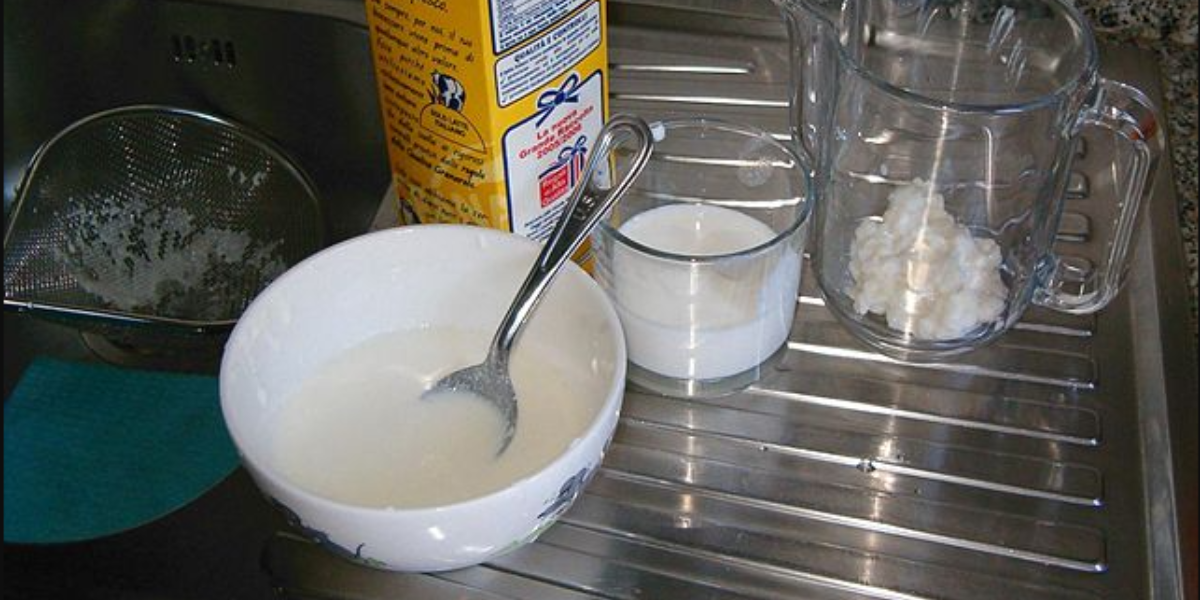
Kefir is said to have originated in the North Caucasus, a sub-region in Eastern Europe that is near Turkey, more than 2000 years ago. The nomadic mountain shepherds, who raised cattle and goats used an ancient method to make their milk last longer. They put their milk in leather skins and fermented them with kefir grains. The resulting product was a drink called ‘kefir’, whose name was derived from the Turkish word ‘keyif’ which means ‘to feel good after eating.’
The chemical changes it has undergone made kefir a lot easier to digest which probably reinforced that ‘feel good’ feeling. It also had beneficial nutrients that were naturally present and were absorbed more efficiently. Kefir is an excellent source of vitamin C, vitamin K, calcium, magnesium, potassium, protein, folate, and phosphorus all of which support optimal body functioning.
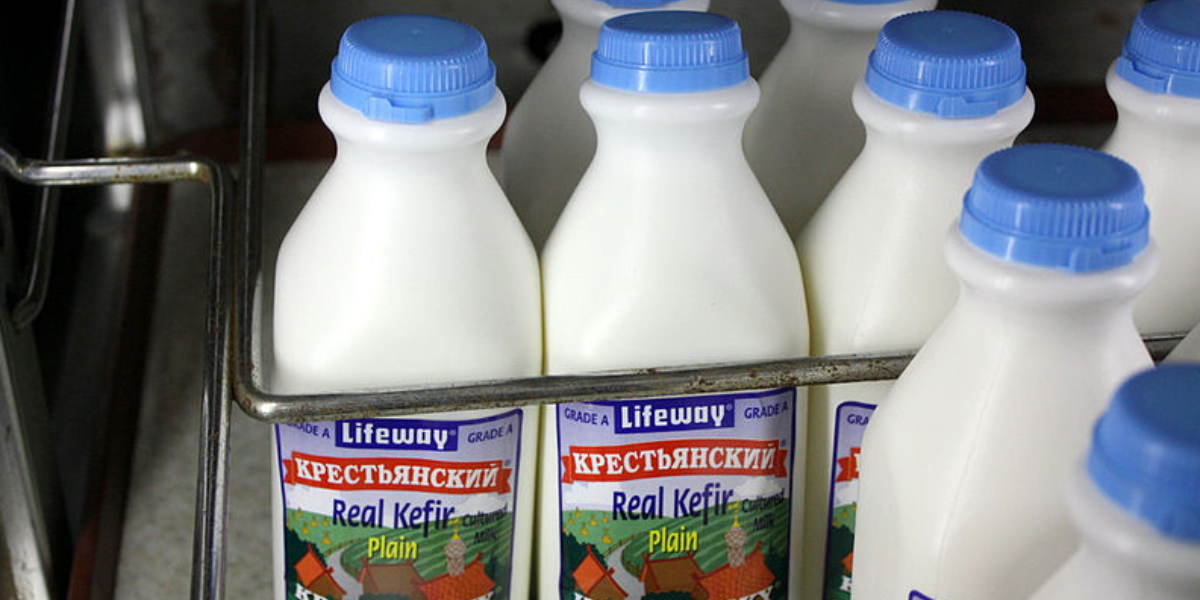
In recent years, kefir has gained popularity in the natural health community, not only because of its high nutrient and probiotic content but also due to its considerable health benefits, including:
- Reduces cholesterol levels
- Improves bone density
- Promotes weight loss
- Helps with asthma and allergies
- Protects against cancer
- Supports heart health
- Restores the balance of good gut bacteria
- Has antibacterial properties
- Protects against cancer
- Improves mood and mental well being
- Good for the skin
The Difference Between Kefir And Yogurt
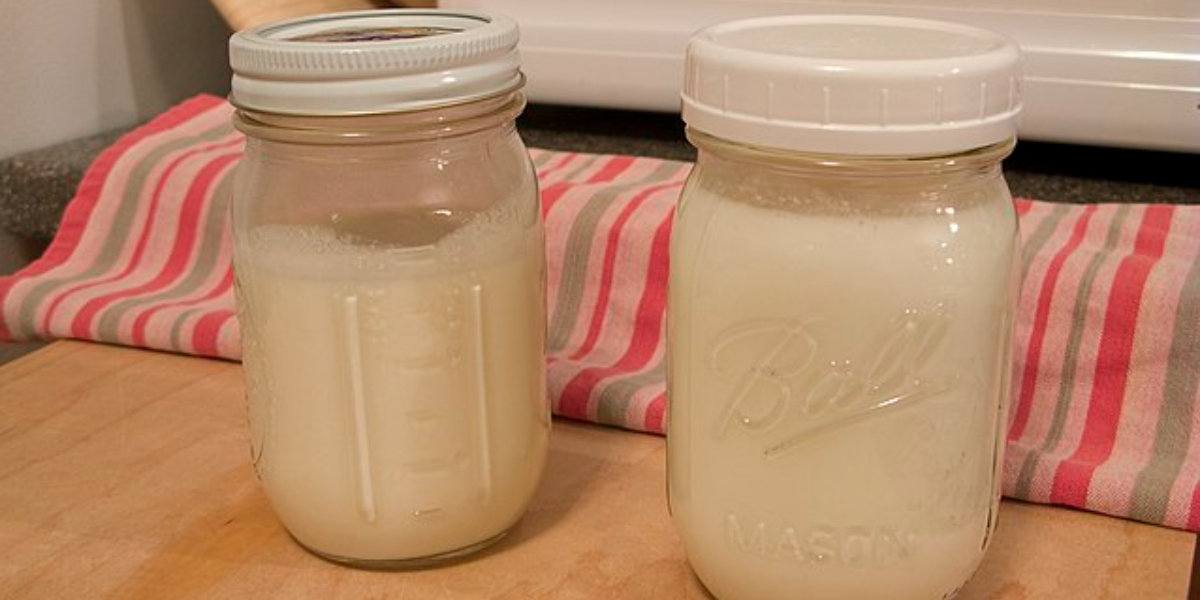
Kefir and yogurt have a lot of similarities but they also have distinct differences. Although both are products of fermentation and are composed of real milk, kefir is made with kefir grains that ferment the milk while yogurt is made with cultured bacteria. They taste almost the same, except that kefir has a tangier taste than unsweetened yogurt and is less thick in consistency.
However, although yogurt is the most well-known probiotic food, kefir is actually higher in nutritional value and has more probiotics than yogurt. Chicago-based registered dietitian and the author of The Superfood Swap, Dawn Jackson-Blatner, RDN, recommends making the switch from yogurt to kefir. According to her, “Kefir has more types of actual bacteria and a higher amount of good bacteria than yogurt.” She adds that the more probiotic strains you eat, the better.
Can Kefir Cause Diarrhea?
Now let’s put an end to the comparison and go back to the main topic. Can Kefir cause diarrhea? Diarrhea is one of the most common reactions of a person with dairy sensitivity. Kefir usually comes from mixing milk with kefir grains, and here are some of the reasons why kefir can cause diarrhea:
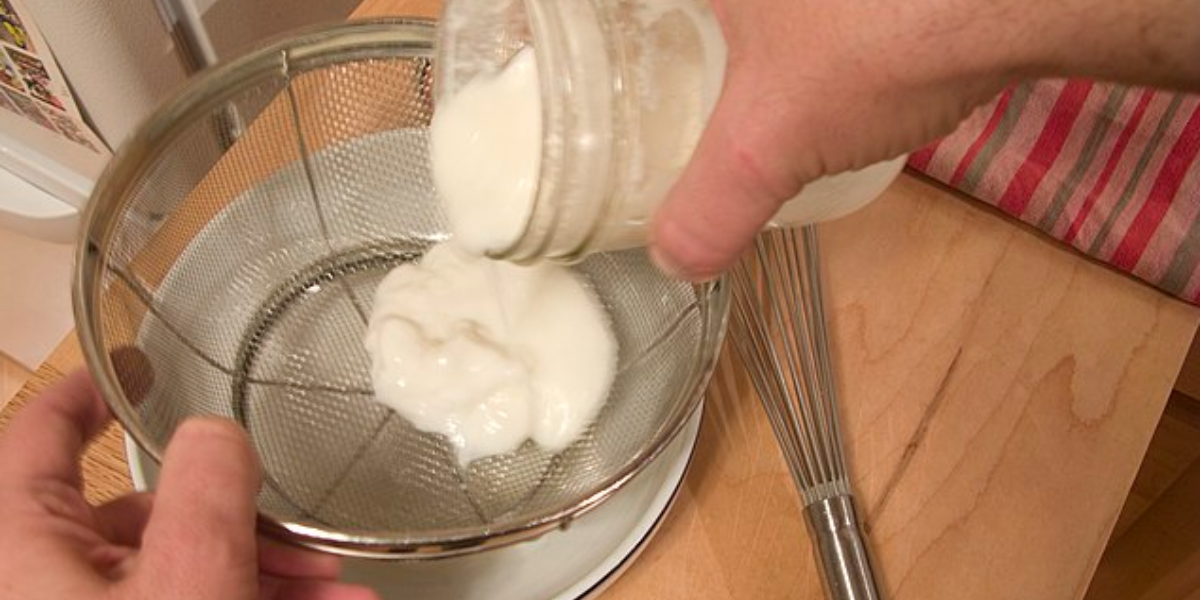
-
Kefir contains magnesium.
Although not as well known as other minerals, magnesium is necessary for the proper functioning of over 300 biochemical processes in the body. Without magnesium, your nerves and muscles cannot operate the way they’re supposed to. But your body cannot produce magnesium by itself so it has to come from food and supplements.
The problem is that consuming too much magnesium can activate its laxative properties. Magnesium absorbs more water in your intestines and speeds up the passage of food which results in nausea, gas, stomach cramps, and diarrhea. These symptoms may appear when you eat large amounts of foods high in magnesium such as potatoes, flaxseed, tamarind, and almonds.
-
Kefir contains potassium.
A serving of kefir has about 400 mg of potassium. Potassium is both a mineral and an electrolyte and is important for many body functions. It helps muscles contract, regulates fluid and mineral balance in the cells, and conducts electrical impulses throughout the body, among others.
However, for some people, potassium can irritate the gastrointestinal tract which can lead to nausea, vomiting, abdominal pain, flatulence, and diarrhea. Diarrhea may cause you to lose large quantities of potassium which can make you feel weak. Therefore you should counter this by eating large amounts of potassium-rich fruits and vegetables such as bananas, oranges, spinach, and broccoli (although ironically, these foods can also trigger diarrhea!).
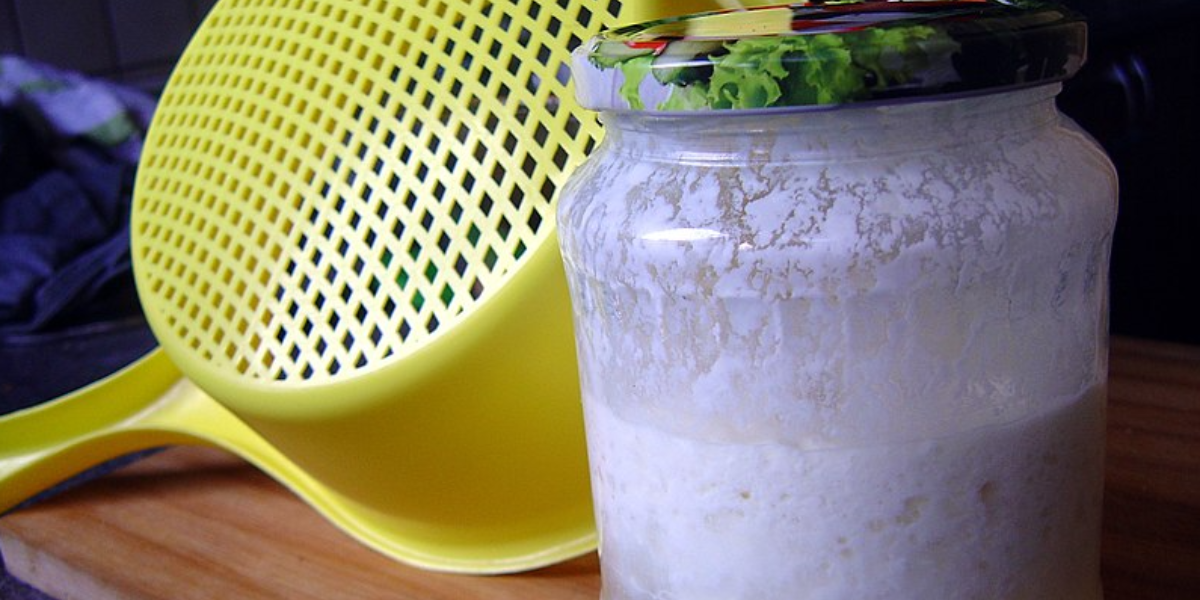
-
Kefir contains phosphorus.
Phosphorus is the second most abundant mineral in the body and is essential for developing strong bones and teeth. It also helps your nerves and muscles maintain normal function, assists the kidneys in filtering out waste, plays a major role in energy production, and more.
Unfortunately, excessive intake of phosphorus can be toxic. Too much of the mineral can cause diarrhea as well as a hardening of the soft tissues and internal organs. The recommended daily intake of phosphorus for healthy adults, both men and women, aged 19 years and above, is 800 mg to 1200 mg per day. This can be easily attained if you maintain a balanced diet because phosphorus is naturally found in many foods such as peanuts, beans, seeds, tomatoes, meats, and dairy products.
-
You have lactose intolerance.
Lactose is a type of sugar contained in the milk of mammals such as cows, goats, and humans. However, some people have trouble digesting lactose because they are unable to produce enough lactase which is a type of enzyme needed to break down sugar. This condition is called ‘lactose intolerance’ and although there is no cure, it is quite manageable.
People who are suffering from lactose intolerance tend to experience bloating, gas, vomiting, upset stomach, and diarrhea upon ingestion of milk and milk products. Kefir is usually made from dairy milk, but if you happen to be lactose intolerant, then there are several non-dairy options made from coconut milk, fruit juice, or you can simply make water kefir.

-
You have a dairy allergy.
Dairy allergy shares a lot of similar symptoms as lactose intolerance like nausea, bloating, gas, stomach cramps, and diarrhea. However, dairy allergy can be more serious since people that have it may not only experience digestive problems but respiratory difficulties as well. These include breathing problems, coughing, wheezing, swelling of the throat and lips, as well as hives, itching, and the worst of all because it can be life-threatening is anaphylactic shock.
The basic difference is that lactose intolerance involves the digestive system while dairy allergy involves the immune system. These symptoms of dairy allergy appear right after consumption of any dairy product such as kefir, and they can range from mild to severe. The best thing to do to prevent symptoms from appearing is to completely avoid any dairy product.
The Bottom Line

If you are naturally prone to digestive disturbances, the remedy may be as simple as watching the food you eat. There are some foods that are beneficial to the gut flora, while others should be avoided if you don’t want a recurrence of your stomach issues.
Kefir is a health food made through the process of fermentation with a consistency like a drinkable yogurt. Kefir is high in probiotics just like other fermented foods such as yogurt, miso, kombucha, sauerkraut, and kimchi.
However, ingesting kefir seems to trigger some gastrointestinal issues. Can kefir cause diarrhea? Yes, it does, and this article has 5 reasons to prove it!

